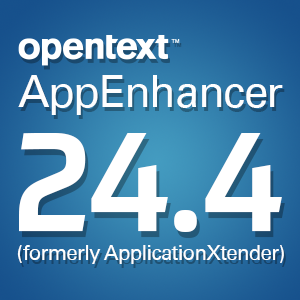Courts gradually shifting toward electronic records
Monday, March 11, 2013Councils and courts across the nation are transitioning to electronic document management systems to a range of advantages. Digitization has allowed officials to speed up nearly all administrative processes while also making critical information easily available, fueling a more efficient decision-making process.
The Ledger reported that courthouses across Florida have been utilizing conversion services to make paper records publicly available through an electronic system. Polk County is furthest along in the process, and has made virtually all records available and searchable by computer. Furthermore, there are approximately 170,000 new civil and criminal cases filed annually in Polk county, all of which have been cleaned of confidential information, such as bank account and social security numbers, to public viewers.
Stacy Butterfield, Polk County's clerk of court, told the news source that because of Polk's former clerk of court, Richard Weiss, there has long been an objective for a paperless courthouse. She hopes to build toward that possibility as paper files are expensive to produce and maintain. A statewide rule has mandated that clerk offices accept records electronically so that citizens are not required to hand-deliver or mail documents to courthouses. According to The Ledger, Butterfield said citizens can now electronically file (e-file) civil cases in Polk County, and the number of e-filings has increased every month. She is optimistic about the council meeting the legal deadline for accepting criminal cases electronically as well.
Long-term time and cost-saving
The burden of managing paper documents has also caused other agencies to go paperless. Sentinel and Enterprise reported that the city clerk's office in Fitchburg, Massachusetts, produces 15 copies of packets bi-weekly, which can be upwards of 100 pages. Councilor Jeff Bean sought a more effective system for keeping council members informed than the cumbersome paper packets that had to be hand-delivered to his house by police officers. Bean created a petition to reduce paper and ink use for these packets and cut down on wasted employee time from creating and hand-distributing the packets.
Currently, Sentinel and Enterprise reported that the only way to find a full listing of scheduled public meetings is to physically view them in the window display at Putnam Place city offices. Bean told the source that he aims to create an online calendar of events and board and committee meetings that will allow easier access to information about happenings in the city.
IT Director Trevor Bonilla told Sentinel and Enterprise that the more the electronic system is utilized, the more money the city will save.
Electronic systems collect, consolidate and store important records in one unified system so that any important information is available when needed, which empowers users and accelerates case resolution.
Brought to you by Image One Corporation providing complete information governance since 1994.




